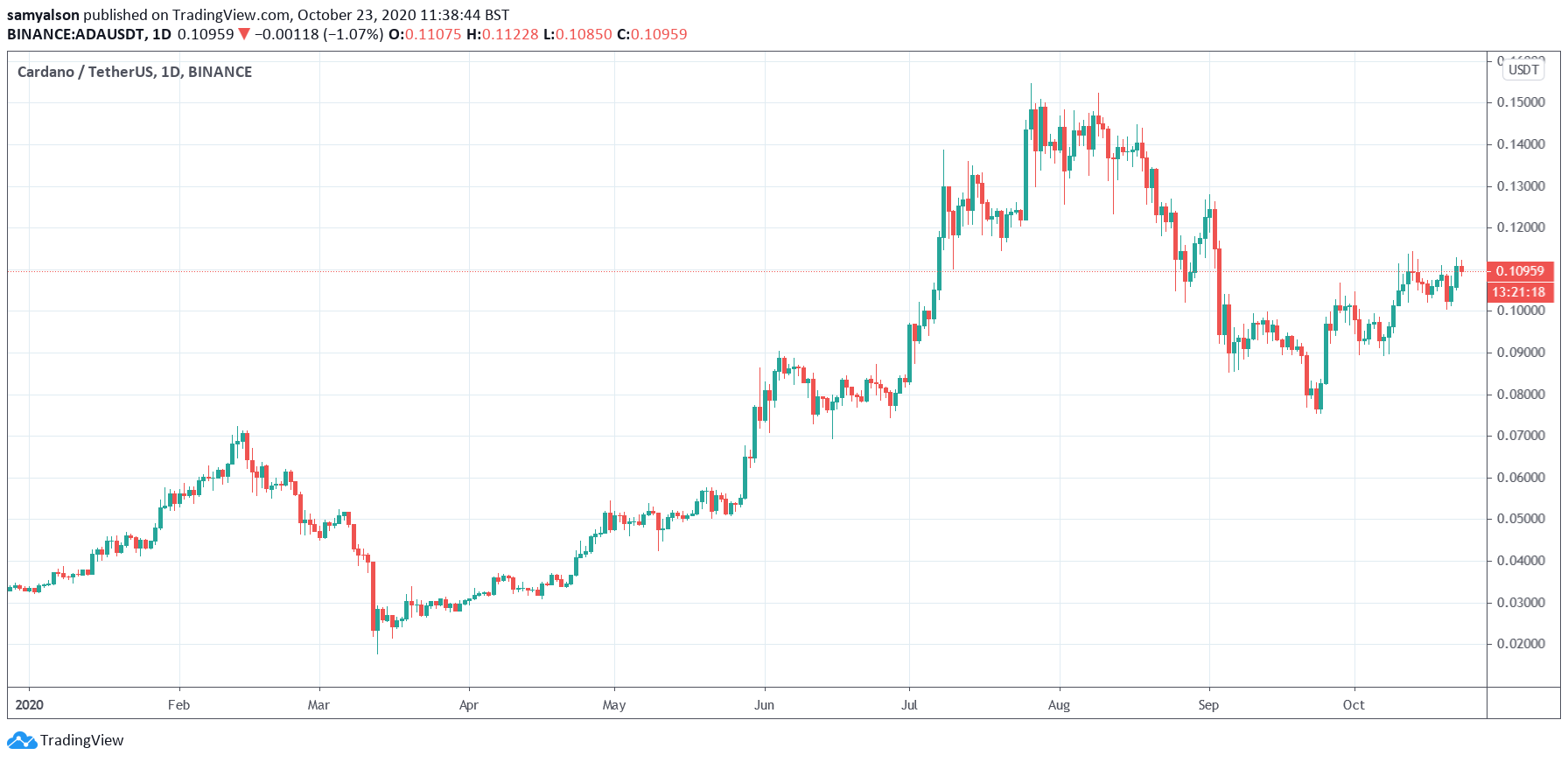Hoskinson Accuses Wikipedia of Censorship Following Refusal to List Cardano
IOHK CEO Charles Hoskinson vents his disappointment over Wikipedia’s refusal to list a Cardano page. In a Periscope video, Hoskinson hits out following his discovery that the online encyclopedia sees Cardano as lacking credibility.
What’s more, considering Cardano’s scientific credentials, Hoskinson believes there is more at play than merely inadequate source data on the project.
Brief Statement on Wikipedia https://t.co/Q0vdrZIO3W
— Charles Hoskinson (@IOHK_Charles) October 23, 2020
Wikipedia Content Requires Verifiable Data
Internet entrepreneurs Jimmy Wales and Larry Sanger started Wikipedia back in 2001.
Ranked as the number one website in the reference materials category, Wikipedia’s influence on the internet landscape is enormous.
But what sets it apart from most other offerings is that anyone can create and edit articles. However, due to page vandalism, many protections are in place to guard the content and ecosystem.
Nonetheless, it remains the case that volunteers are responsible for creating all of the content on the platform.
John Lubbock, the Communications Coordinator at Wikipedia UK, described the platform as being built on existing knowledge. In other words, users should not consider Wikipedia as a primary data source.
For that reason, emphasis on verifiable sources and appropriate references is key to what’s allowed on the platform.
“for a new Wikipedia page to be allowed to stay, or for edits to an existing page to stick, there have to be verifiable sources for the information, be they directly linkable primary sources already on the internet, or references to printed information in books or magazines.”
The Scientific Approach to Cryptography
Wikipedia’s decision to delete Cardano’s page has drawn heavy criticism from Hoskinson.
In a spat with Wales over the matter, Hoskinson raised the point that academic references and citations count for nothing according to his experience. Wales hit back by saying that’s untrue.
With that, Hoskinson reeled off Cardano’s vast array of academic achievements, since its inception.
“there are over 75 academic papers that are related, more than 50 directly related to Cardano, over 2,500 citations. We were the second most cited collection of scientific papers, in the last five years, in security and cryptography and computer science.”
Going further, Hoskinson points out that academic journals, governments, and mainstream publications such as Bloomberg, the Wall Sreet Journal, and Forbes, have all publicized Cardano’s research and achievements.
As such, Hoskinson questions why Wales doesn’t consider these as credible sources.
Things took a turn for the worse when Hoskinson called out Wales for lying about the situation.
Remember people we live in an age where people lie freely. You have to check for yourself. Jimmy says academic citations matter. His editors do not. Apparently I'm the one who's wrong?! We need to decentralized the infrastructure to avoid these horrible double standards pic.twitter.com/KcfZwRppQ9
— Charles Hoskinson (@IOHK_Charles) October 23, 2020
A clearly frustrated Hoskinson then asks what does Cardano need to do to meet their listing criteria.
“You are losing credibility, your platform is losing credibility. Spend five minutes and look into what your editors are doing and what your platform has done. All of our people, EOS and Tezos, they are apparently notable for a page. We are not.”
Regardless of personal views about Cardano, it’s clear that Wikipedia’s listing policy is inconsistent. But considering Cardano’s storng scientific credibility, is there more to this story than Wales is letting on?

Source: ADAUSDT on TradingView.com
OhNoCrypto
via https://www.ohnocrypto.com
Samuel Wan, @KhareemSudlow
